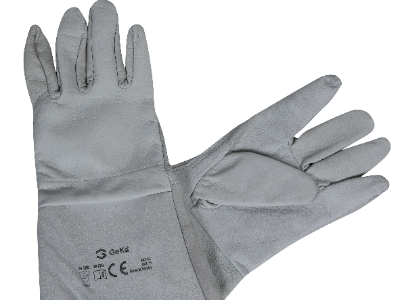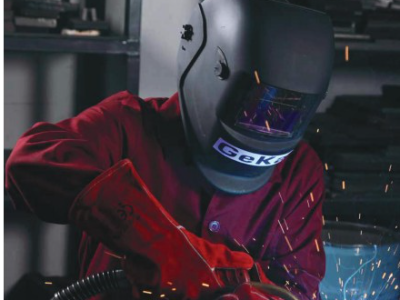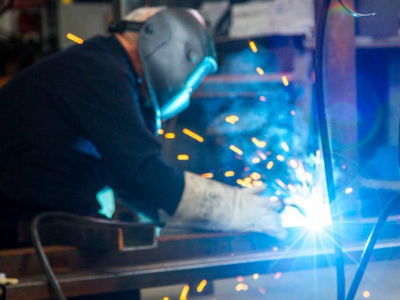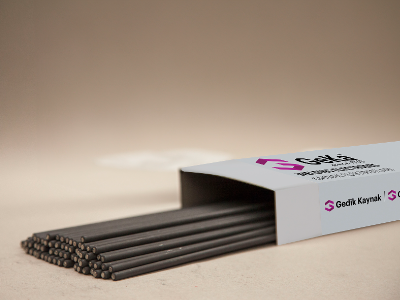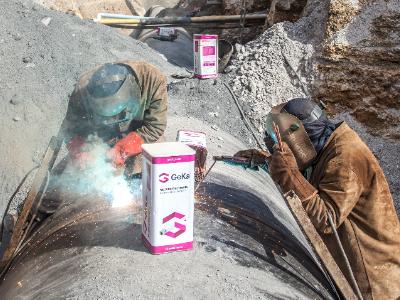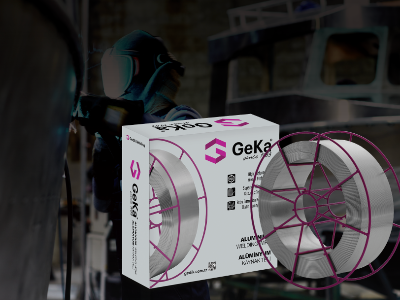Sectors
 Energy
Energy
Energy drives economies and sustains societies. Energy growth is directly linked to well-b...
Continue Reading
 Ship Construction
Ship Construction
We have historical expertise in this sector and Turkish marine sector is one of the top fi...
Continue Reading
 Construction
Construction
We become a solution partner in large projects such as buildings, bridges, airports and st...
Continue Reading
 Repair and Maintenance
Repair and Maintenance
We become a solution partner in large projects such as buildings, bridges, airports and st...
Continue Reading
 Automotive and Transportation
Automotive and Transportation
We offer effective solutions to the automotive, railway and trailer industries with the we...
Continue Reading
 Education
Education
Education for Gedik brand is a paramount activity to raise not only exceptional engineers...
Continue Reading
